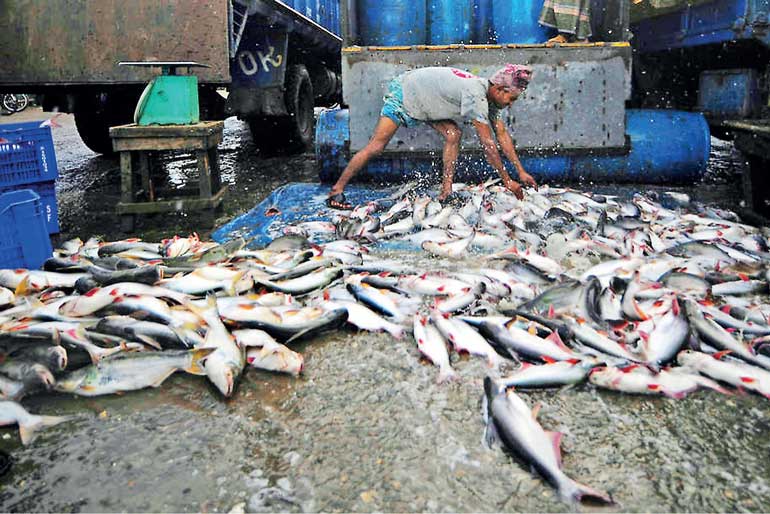Monday Feb 23, 2026
Monday Feb 23, 2026
Friday, 2 June 2017 00:00 - - {{hitsCtrl.values.hits}}
 By Jose Graziano da Silva, DG FAO
By Jose Graziano da Silva, DG FAO
We are about to celebrate the first anniversary of the entry into force of the FAO Port State Measures Agreement (PSMA), the world’s first binding international treaty aimed at combating Illegal, Unreported and Unregulated Fishing (IUU Fishing).
This illegal modality accounts for around one-sixth of all fish caught in the oceans, and constitutes a great public danger as it undermines global efforts to make sure that fish – the world’s most produced, consumed and traded animal protein – are a sustainable resource for global nutrition and food security, as well as for millions of jobs.
The PSMA, which currently has 46 parties including the European Union, marks a sea change both in its legal form and in its practical potential. Under its protocol, foreign fishing vessels must show all required operating licenses, their activity logs, and submit to inspections of their catch. Port authorities are obliged to deny services to vessels in violation of the rules and to report them to other countries, making it harder for illegal operators to offload and sell the fish they catch elsewhere.
FAO, which brokered the treaty, is also delivering other tools to put an end to IUU fishing. It has a new initiative to improve flag-state compliance, a new set of voluntary guidelines on Catch Documentation Schemes – a passport of sorts without which fish can lose access to markets – and is in the process on creating a transparent and comprehensive Global Record of Fishing Vessels. All of these instruments complement the PSMA.
It is noteworthy that the new treaty was in fact enhanced and expanded, not watered down, in its journey from draft text to binding law. That clearly shows how seriously the international community supported a powerful, viable and enduring instrument to end IUU fishing.
I call upon all nations that have not yet joined the PSMA to become part of it.
As important as it is to make its remit universal, what is more important is making the new rules stick. Implementing the PSMA will require a host of actions, including streamlined cross-border real-time communications systems, national legislative reviews, and skilled inspectors capable of identifying actual fish both by species and likely age, as well as ascertaining whether the gear used to catch them is allowed.
The new rules’ ultimate strength will be determined by the weakest link, so all countries have a stake in making sure that no member lacks the technical capacity to deliver on treaty obligations.
The PSMA explicitly acknowledges that developing countries and small island states may need assistance in carrying out the monitoring, control, surveillance and compliance tasks the treaty requires, and all parties have pledged to provide that assistance.
I am confident that many countries will join the United States of America, Norway and Sweden, which have already confirmed their contribution to this global capacity-building program. Allow me to note that FAO is already committing substantial resources of its own to this effort.
Ocean governance is evolving quickly, and FAO has played a central role in steering capture fisheries towards sustainable management. With the PSMA, the international community has produced a powerful, viable and enduring instrument to serve as a basis for effectively combating illegal fishing.